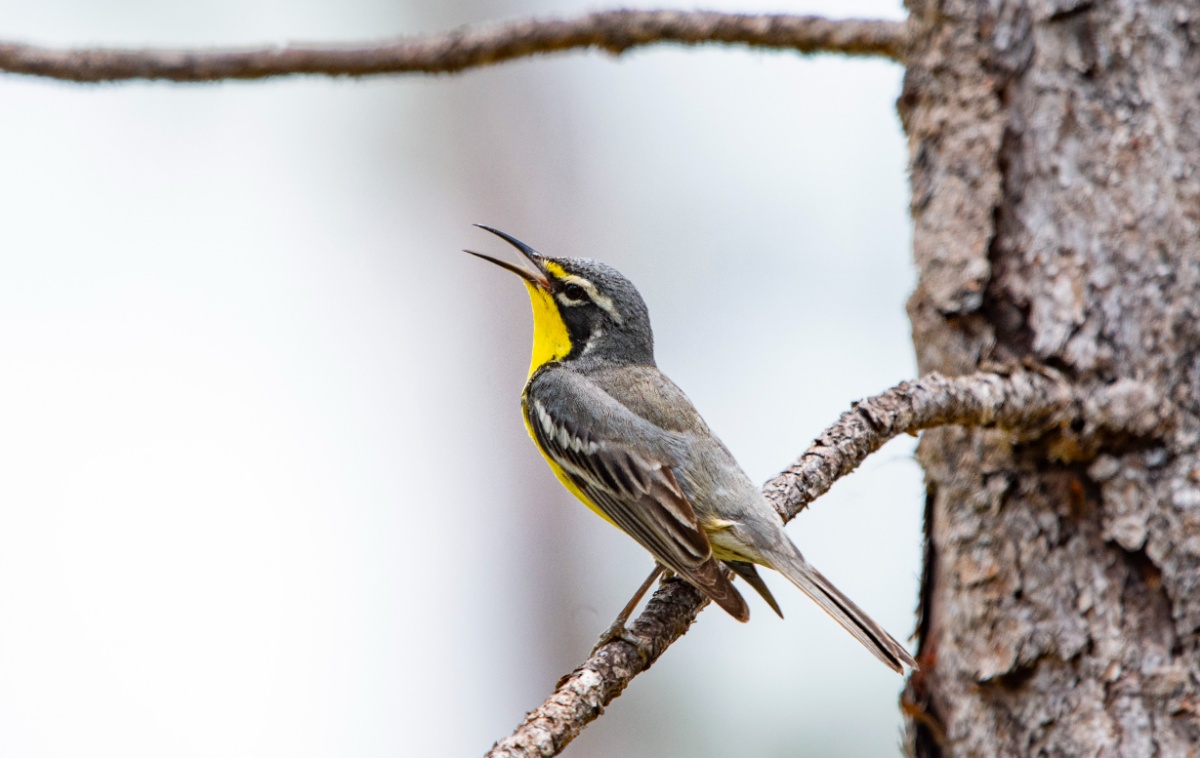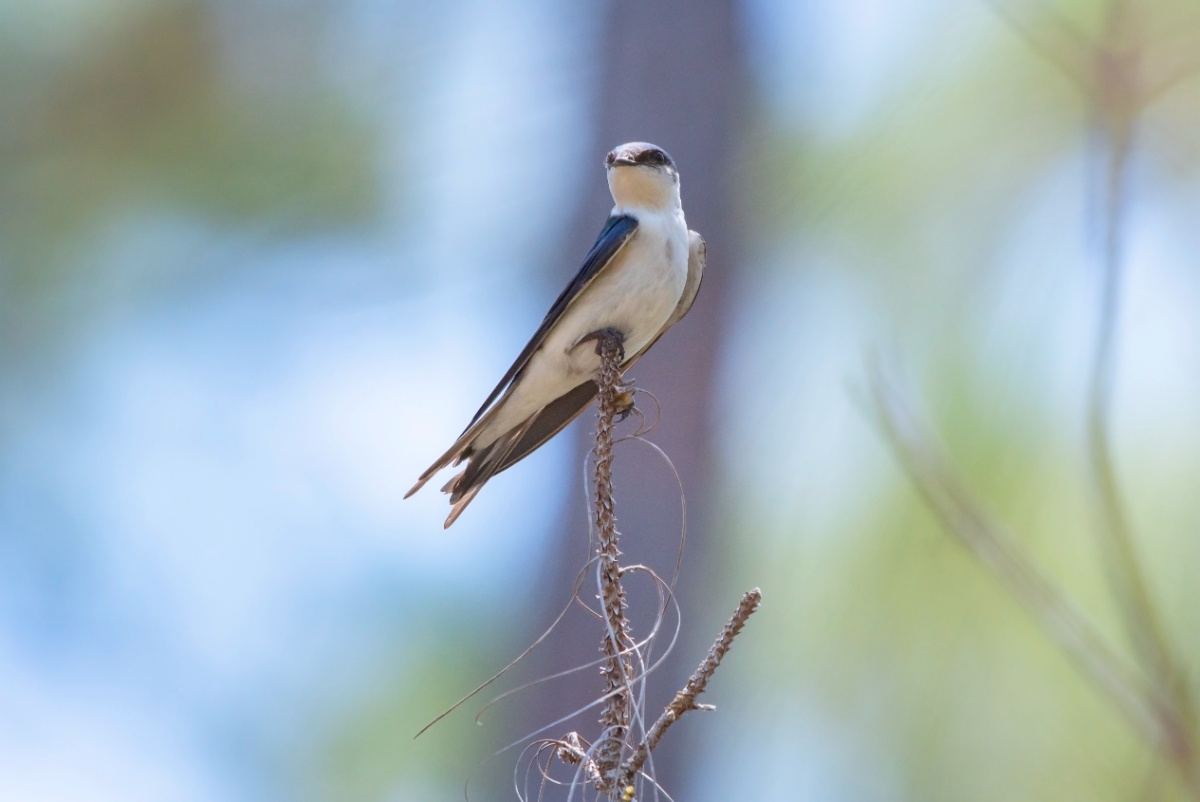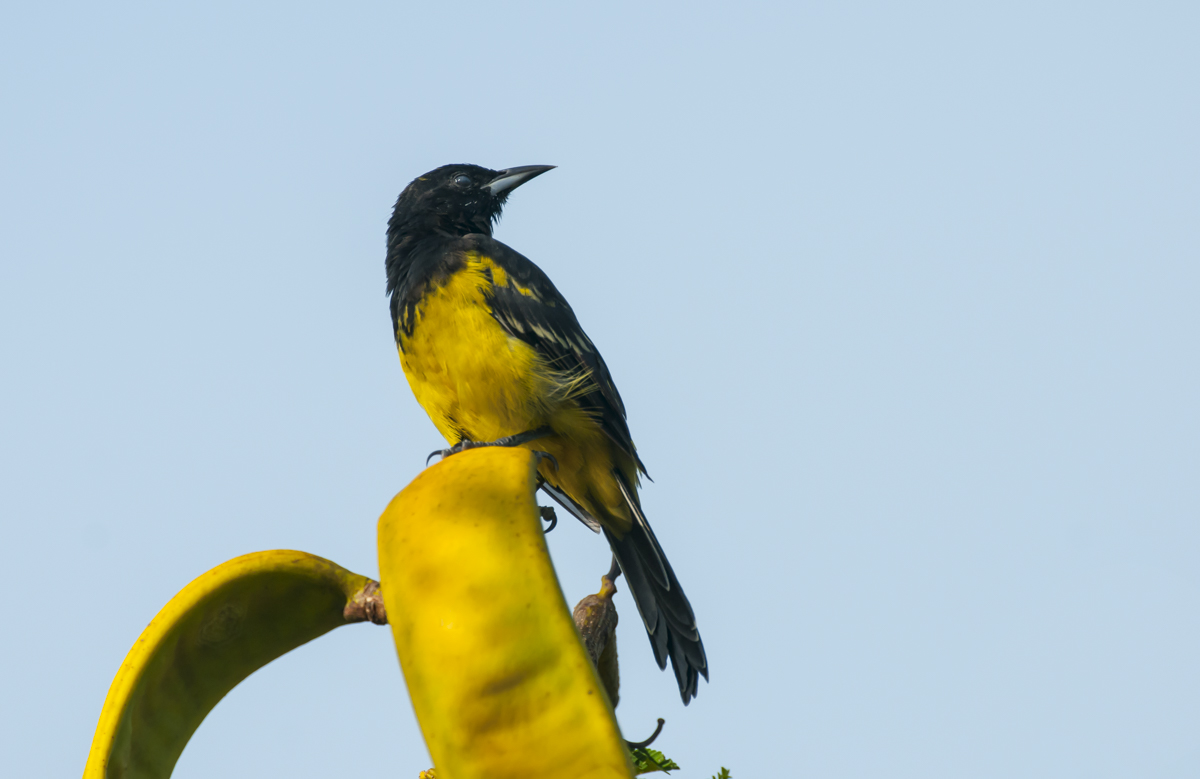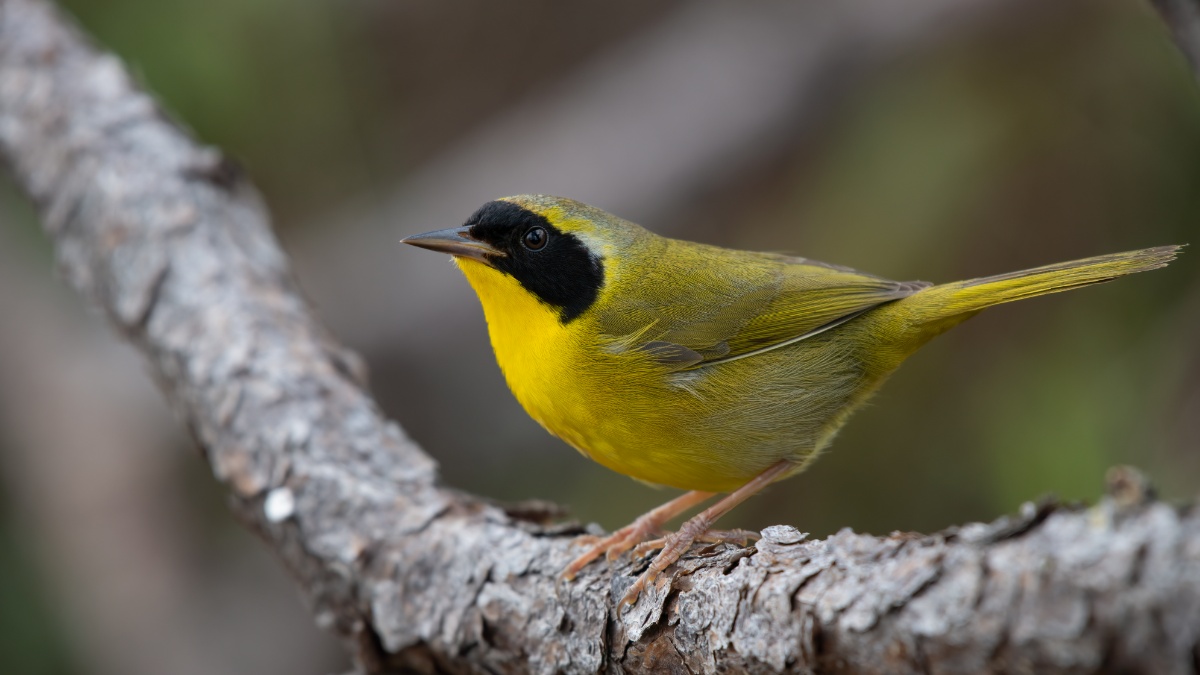New Birdlife Report Reveals Nearly Half of all Bird Species in Decline With One in Eight Threatened With Extinction
The newly endangered Bahama Warbler is amongst 8 globally threatened species of birds in The Bahamas.

Endangered Bahama Warbler in The Abaco National Park, Elijah Sands/Bahamas National Trust
September 28th, 2022 – Nassau, The Bahamas
Today, global conservation organisation BirdLife International released its landmark “State of The World’s Birds” 2022 Report. Published every four years by BirdLife International, the report summarises what birds tell us about the state of nature, the pressures upon it, the solutions in place, and those needed. The latest version of the report paints the most concerning picture yet of the future of avian species and, by extension, all life on Earth: nearly half of all bird species were found to be in decline, with many populations severely depleted. One in eight bird species is currently threatened with extinction.
Available data suggest that there are eight globally threatened species of birds in The Bahamas. Climate change and invasive species are the biggest threat to these species, and data also indicate the populations of most of these species are still declining.
Among these eight species is the endemic Bahama Warbler – a species that was recently elevated to endangered species status in 2019, after Hurricane Dorian destroyed vast areas of its habitat on Abaco and Grand Bahama. The Bahamas National Trust’s (BNT) fear is that this bird may now be extinct on Grand Bahama, as it hasn’t been seen on the island since Dorian made landfall.
In addition to showing the dramatic decline of bird populations globally, the State of the World’s Birds 2022 report also details what is driving these losses, the main causes being agricultural expansion, deforestation, invasive species and climate change.
Prime Minister The Hon. Phillip Brave Davis is now a leading global spokesman on climate change, and has been consistently vocal about how it is affecting our economy and way of life. This important report and the case of The Bahama Warbler support the Prime Minister’s narrative, as sadly now we may have our first demonstrated loss of a species from a major area due to the effects of climate change. This case showcases how climate change is negatively impacting the ecology of The Bahamas.
“This new report shines a light on the plight of birds on our planet. As we race to adapt to the accelerated impacts of climate change, we have to remember at-risk species like the endangered Bahama Warbler. For decades the BNT has been working to conserve birds and their habitats in The Bahamas, and this work is now more important than ever in the face of the existential crisis which is climate change.” – Eric Carey, BNT Executive Director
“Birds tell us about the health of our natural environment – we ignore their messages at our peril. Many parts of the world are already experiencing extreme wildfires, droughts, heatwaves and floods, as human-transformed ecosystems struggle to adapt to climate change. While the COVID pandemic and global cost of living crisis have undoubtedly diverted attention from the environmental agenda, global society must remain focused on the biodiversity crisis.” – Patricia Zurita, CEO of BirdLife International
The BNT has been working with BirdLife International for more than 30 years and is considered to be one of BirdLife’s strongest partners in the Caribbean. BNT Executive Director Eric Carey recently received the prestigious Birdlife Partner Award at the Birdlife World Congress held in London in September 2022.
State of the World’s Birds 2022 also shows the solutions needed to address the biodiversity crisis, many of which are being put in place across the world. Safeguarding and protecting important sites for nature, restoring damaged ecosystems, and tackling key threats to birds and biodiversity are all critical.
The report concludes that one of the most urgent actions is to effectively conserve, safeguard and manage the most critical sites for birds and biodiversity – known as Important Bird and Biodiversity Areas (IBAs). Forty-three IBAs exist in The Bahamas, many of them in national parks managed by the BNT.
The BNT looks forward to continuing to work with Birdlife International, the Government of The Bahamas, and other local and international partners to preserve birds and their habitats in The Bahamas, especially those that are severely vulnerable to climate change like The Bahama Warbler, Bahama Oriole, Bahama Swallow and others.
To learn more about the role the BNT plays to manage terrestrial and marine national parks, protect species that inhabit them, and inform environmental policy, please visit its website: www.bnt.bs and follow/subscribe to various social media channels: Facebook, Instagram, Twitter, and YouTube.
###
Media Contact:
Elijah Sands, Senior Communications Officer, Bahamas National Trust
Email: esands@bnt.bs | Mobile: (242) 431 – 6797
About the BNT:
The Bahamas National Trust (BNT) was created by an Act of Parliament in 1959 to build and manage the national park system of The Bahamas. Possibly the only non-governmental organization in the world charged with such a responsibility, the BNT works daily to conserve and protect the natural resources of The Bahamas through stewardship and education for present and future generations. There are currently 32 National Parks managed by the BNT with more than 2 million acres of marine and terrestrial areas protected.
Website | Facebook | Instagram | Twitter | YouTube
BNT’s recent work to save the Bahama Warbler:
https://bnt.bs/storage/2022/09/Bahama-Warbler-2021-Impact-Report.pdf
About Birdlife International:
BirdLife International is a strategic global partnership of conservation organisations in over 115 countries, working to conserve birds, their habitats and global biodiversity, and to promote sustainability in the use of natural resources.
Find out more about Birdlife International at: www.birdlife.org
State of the World’s Birds 2022 Report: https://www.birdlife.org/papers-reports/state-of-the-worlds-birds-2022/



